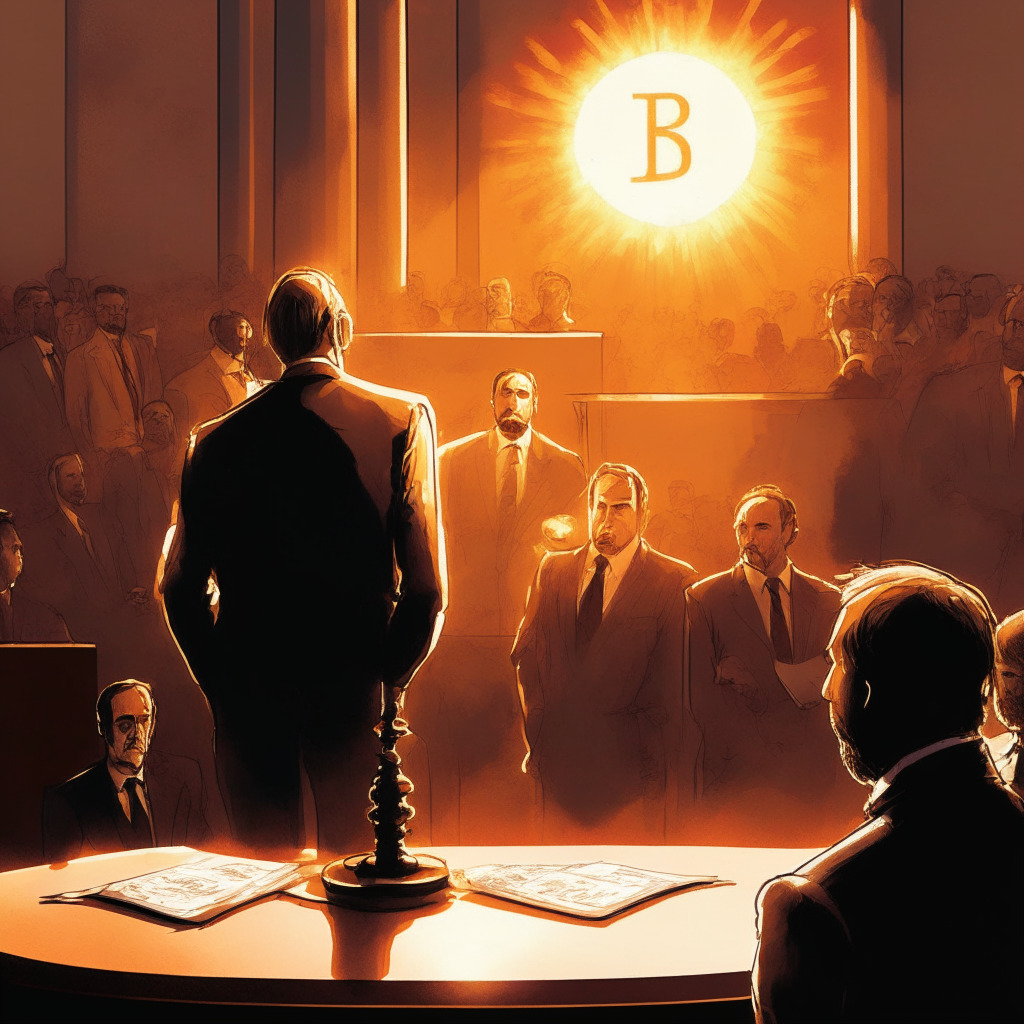The relationship between Binance and Checkout.com simmers with discontent. Binance, a reputable digital currency exchange, is contemplating a lawsuit against Checkout.com, its erstwhile payment provider. This comes after Checkout.com abruptly ended their partnership, leaving many to question the integrity of this decision.
The tension between the two firms escalated after two letters were dispatched to Binance by Checkout.com on August 9th and 11th, severing ties without approval from Binance. Guillaume Pousaz, the CEO of Checkout.com, in his defence, cited regulators’ actions, compliance controls concerns, and apprehensions about anti-money laundering and sanctions as the reasons prompting the end of their alliance. The unexpected termination of their partnership compelled Binance to shut shop on Binance Connect, a regulated crypto buy-and-sell division, on August 16th.
The outcome of this saga has far-reaching implications. The shutdown of Binance Connect, launched only a few months ago in March 2022, implies the truncation of a key bridge that connected traditional finance systems with over 50 cryptocurrencies and fiat transactions.
The irony is that Checkout.com considered Binance its most prominent client in 2021, handling over $2 billion in transactions in a single month. With this termination of business ties, Binance’s operations in many global branches have been affected as they face difficulties securing partners. Also, problematic are Binance’s potential legal implications—it is already under scrutiny by the U.S. Securities and Exchange Commission over allegations of violating securities laws and offering unregistered securities in the country.
The ongoing tension and legal discourse serve as an intriguing backdrop to the world of blockchain and its complex interplay with contemporary financial institutions. Binance and Checkout.com, standing at this crossroads, continue to shape the narrative of blockchain, highlighting both its inevitable expansion and the constraints prevalent in the current monetary structures.
This tug of war brings to the forefront the challenges in legislating innovative technology. Yet, despite these obstacles, the full potential of Blockchain remains a tantalizing prospect. The narratives like Binance and Checkout.com’s disagreement serve as markers in this journey, giving us a glimpse into the drive behind the blockchain future—its hope, its battles, and its ardent believers.
While one cannot disregard the dilemmas encountered in the process, the transformation towards a decentralized, secure, and hyper-efficient financial system seems more of a promising inevitability rather than a distant dream.
Source: Cointelegraph




